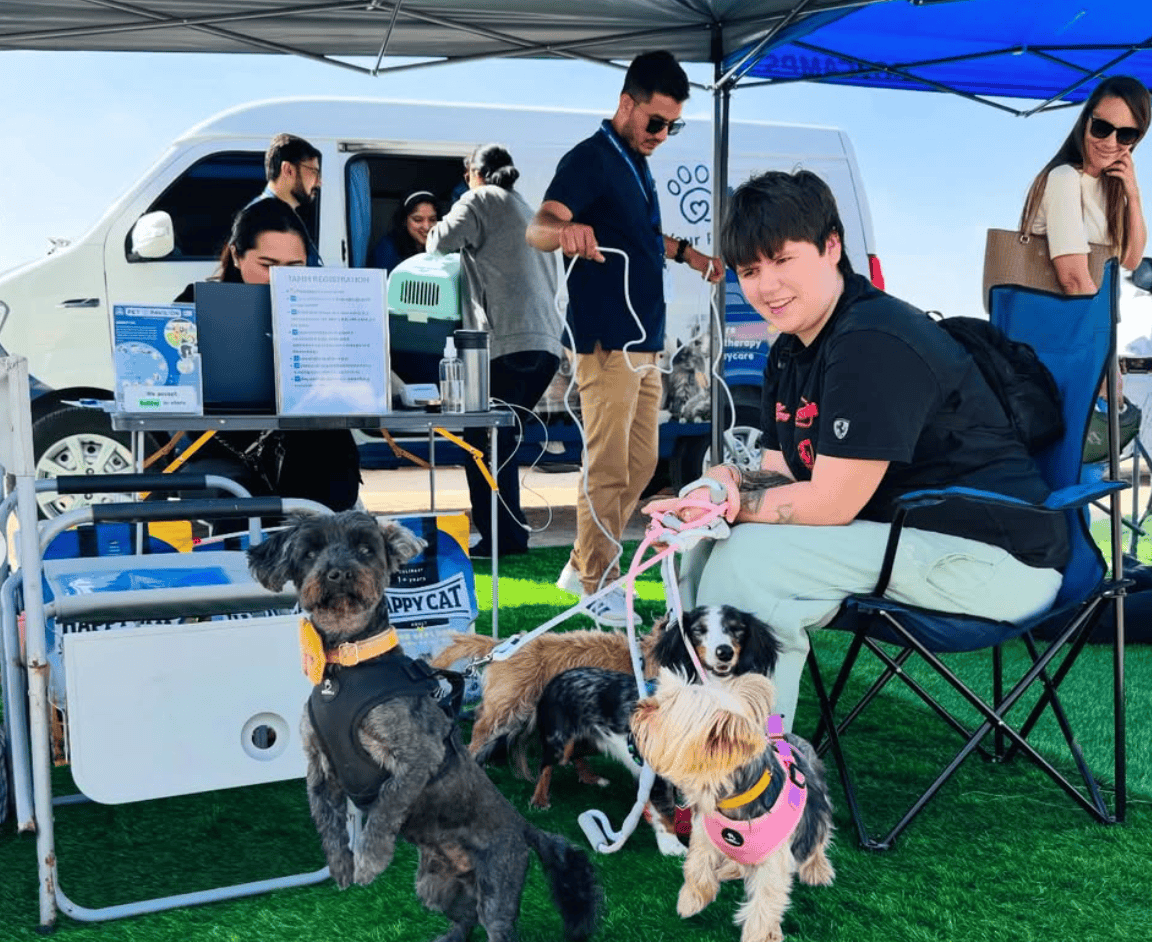5 Important Facts About Regular Pet Vaccinations

As pet owners, our top priority is the health and well-being of our furry companions.
One of the most effective ways to safeguard their health is through regular vaccinations.
Vaccinations protect pets from various infectious diseases, preventing potentially serious illnesses and even saving lives.
In this article, we'll delve into five important facts about regular pet vaccinations, emphasizing their significance in preventive healthcare and the benefits they offer to our beloved pets.
1. What are Pet Vaccinations?
Pet vaccinations are preventive medical measures that involve administering weakened or killed disease-causing organisms, known as antigens, to stimulate an immune response in the pet's body.
This response helps the pet develop immunity against specific infectious diseases. Vaccinations are typically given through injections, but some can be administered orally or intranasally.
Vaccines are designed to mimic the presence of disease-causing agents without causing the actual disease, protecting pets from the real pathogens in the future.
2. The Importance of Vaccinations:
Regular vaccinations are essential for maintaining your pet's health and preventing the spread of infectious diseases.
Vaccines work by stimulating the immune system to recognize and fight off specific pathogens, reducing the severity of the disease or preventing it altogether.
By ensuring your pet is up-to-date with vaccinations, you are not only protecting their well-being but also contributing to the overall health of the pet population, as it helps to create a barrier against the spread of contagious diseases.
3. Core vs. Non-Core Vaccines:
Vaccines are categorized into two groups: core and non-core vaccines.
Core vaccines are essential for all pets and protect against diseases that pose a significant risk to both the pet and the human population.
Examples of core vaccines for dogs include rabies, distemper, parvovirus, and adenovirus.
For cats, core vaccines typically include rabies, feline herpesvirus, calicivirus, and panleukopenia.
Non-core vaccines are recommended based on a pet's lifestyle, exposure risk, and geographical location.
These vaccines protect against diseases that are less common or only pose a risk in specific situations.
4. Vaccination Schedule:
A vaccination schedule is a set of guidelines that determine when a pet should receive specific vaccines.
The schedule is based on factors such as the pet's age, health status, and risk of exposure to diseases.
Puppies and kittens typically receive a series of vaccinations starting at 6-8 weeks of age, with boosters given at regular intervals until they are around 16 weeks old.
After the initial series, adult pets receive periodic booster shots to maintain their immunity.
Your veterinarian will create a personalized vaccination schedule for your pet, ensuring they are adequately protected.
5. Risks and Benefits:
Vaccinations are generally safe and well-tolerated by pets.
However, like any medical procedure, vaccines do carry some risks, including mild side effects such as soreness at the injection site or mild fever.
Serious adverse reactions to vaccines are rare.
The benefits of vaccinations, including protection from life-threatening diseases, far outweigh the minimal risks associated with vaccination.
It's essential to discuss any concerns about vaccinations with your veterinarian to make informed decisions about your pet's healthcare.
Conclusion:
Regular pet vaccinations are a cornerstone of preventive healthcare, ensuring the health and well-being of our furry companions.
By stimulating the immune system to recognize and fight off disease-causing pathogens, vaccinations protect pets from infectious diseases, ultimately contributing to a longer and healthier life.
Core vaccines are essential for all pets, while non-core vaccines are recommended based on individual factors.
A personalized vaccination schedule, designed by your veterinarian, ensures that your pet receives the appropriate vaccines at the right time.
The benefits of vaccinations, including disease prevention and overall population health, make them a vital aspect of responsible pet ownership.
Keeping your pet up-to-date with vaccinations not only safeguards their health but also enriches the bond you share, allowing you to cherish many happy and healthy years together.
Always consult your veterinarian for guidance on the most appropriate vaccination plan for your pet's specific needs, as they are the best source of professional advice to ensure your pet's well-being.


Schedule your appointment today
Book My Appointment








